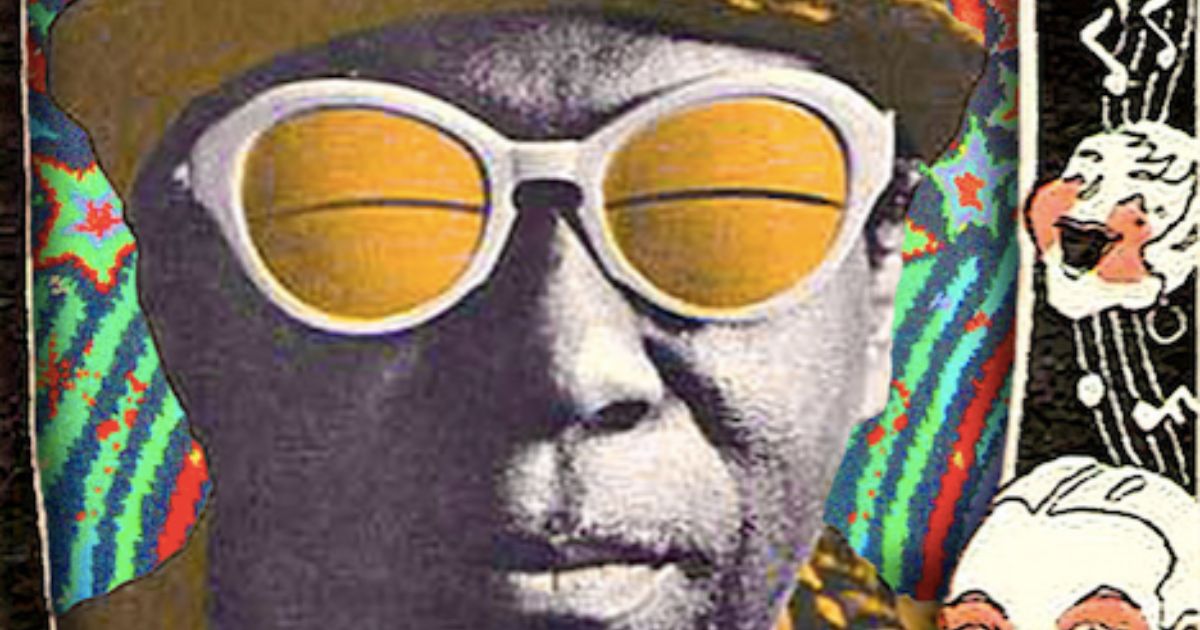In a remarkable display of the therapeutic power of music, pioneering jazz composer and bandleader Sun Ra, also known as Herman Poole Blount, played a transformative music therapy gig at a Chicago psychiatric hospital in the late 1950s.
This event not only showcased Sun Ra’s innovative musical talent but also had a profound impact on the patients in attendance, particularly one individual who had not spoken in years.
Sun Ra’s Performance at Music Therapy Gig
The gig, organized by Sun Ra’s manager Alton Abraham, aimed to explore the potential of music therapy in alleviating the suffering of individuals with mental illness. Despite the challenging conditions and the severity of the patient’s conditions, Sun Ra approached the performance with his characteristic dedication and creativity, making no compromises in his music.
During the performance, an extraordinary moment occurred when a woman, who was reported to have been non-verbal and immobile for years, stood up from the floor and approached Sun Ra’s piano. In a surprising outburst, she exclaimed, “Do you call that music?” Sun Ra, far from being deterred, embraced her response as evidence of the transformative power of music in reaching individuals who were otherwise unreachable.
This pivotal moment not only inspired Sun Ra but also served as a testament to the healing potential of music in mental health treatment. Sun Ra later recounted the incident with delight, recognizing it as a validation of his belief in the ability of music to connect with and uplift individuals, regardless of their mental state.
The impact of Sun Ra’s music extended beyond the walls of the psychiatric hospital. Inspired by his experience, Sun Ra composed the song “Advice for Medics,” commemorating the therapeutic gig and further solidifying his commitment to exploring the intersection of music and healing.
Subsequently, Sun Ra continued to explore the therapeutic potential of music in his work, culminating in the release of the album “Cosmic Tones for Mental Therapy” in the early 1960s. This collection of songs, while controversial among some in the jazz community, exemplified Sun Ra’s innovative approach to music as a tool for transcending boundaries and challenging conventions.
Through his groundbreaking contributions to music therapy, Sun Ra not only expanded the possibilities of jazz but also demonstrated the profound impact that music can have on mental well-being. His legacy serves as a testament to the enduring power of creativity and innovation in transforming lives and inspiring hope in unexpected places.







Leave a Reply